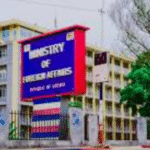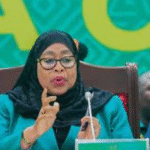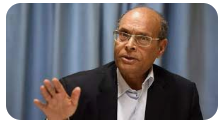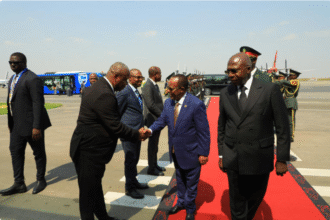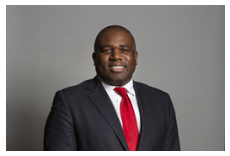By Emily Sims
Washington D.C. – Secretary of State Marco Rubio faced a barrage of questions from senators on Tuesday, as concerns mounted over the US’s declining global influence and the impact of recent cuts to foreign aid. Rubio defended the State Department’s restructuring and budget reductions, arguing that the US is not retreating from the world stage and that China is incapable of replacing the US as a global aid leader.
The hearings, held before the Senate Foreign Relations Committee and a subcommittee of the Senate Appropriations Committee, followed a series of controversial cuts to the United States Agency for International Development (USAID) and other foreign assistance programs. Democratic lawmakers expressed fears that these cuts would undermine decades of US “soft power,” creating a vacuum for China to exploit.
Senator Jeanne Shaheen, a senior Democrat on the Foreign Relations Committee, argued that the dismantling of USAID and other foreign aid cuts since January have allowed China to outpace the US in key development sectors, such as global health.
Rubio vehemently rejected this assertion. “There’s no evidence whatsoever that China has either the capacity or the will to replace the US in humanitarian assistance, in food deliveries or in developmental assistance,” he stated, adding that China’s Belt and Road Initiative is more akin to “predatory lending” than genuine humanitarian aid.
He further emphasized the US commitment to global engagement, citing his own extensive international travel. “I just hit 18 countries in 18 weeks. That doesn’t sound like much of a withdrawal,” Rubio said. “We’re going to be doing foreign aid. We’re going to be doing humanitarian relief, disaster relief. We’re going to be doing all the things we’ve done before, maybe not some of the same projects, but we’re going to be doing all of it.”
Rubio’s appearance before Congress comes just weeks after he announced a major reorganization of the State Department, aiming to reduce offices and bureaus by almost a fifth and cut staff by 15 percent. He defended the reorganization as an effort to streamline operations, reduce bureaucratic hurdles, and strengthen the State Department’s role in foreign policy.
However, the tone of the sessions was significantly more contentious than Rubio’s confirmation hearing. Senator Chris Van Hollen expressed regret for his vote to confirm Rubio, accusing him of standing by while USAID and other assistance programs were gutted. Senator Brian Schatz echoed these sentiments, arguing that the cuts would lead to preventable deaths and pave the way for China to expand its influence.
Even Republican Senator Lindsey Graham urged the Trump administration to recognize the importance of “soft power” in preventing conflict and terrorism. Graham also called for tougher sanctions on China and India for purchasing Russian oil, which he argued was propping up Putin’s war machine. “China, you want to be a normal country, act normally. Quit buying cheap oil with blood mixed in it to keep a war going that you could end tomorrow,” Graham stated.
Rubio attempted to reassure the committees that the US would remain a generous donor, but emphasized the need for strategic investment. “We cannot continue to be the foreign aid provider for everyone on everything,” he said. “We’ve now entered an era, particularly of geopolitics, where we have to be very careful about where we invest our money.”
He also pointed to specific examples of past aid projects he deemed ineffective, including a social cohesion initiative in Mali, dance classes in Wuhan, China, and a male circumcision program in Mozambique.
While Rubio’s defense of the State Department’s actions did little to quell Democratic concerns, the hearings highlighted the growing anxiety within Congress regarding the US’s standing in the world and the potential for China to capitalize on perceived American withdrawal. The debate over foreign aid and its role in US foreign policy is likely to continue as the Trump administration pursues its “America First” agenda.



